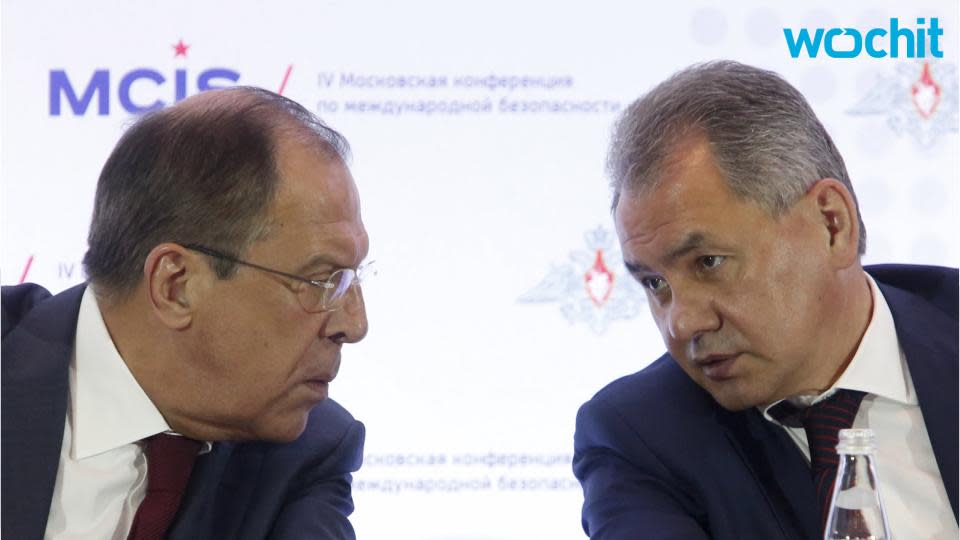Russia blames U.S. for security crises and turmoil in Ukraine

By Gabriela Baczynska MOSCOW (Reuters) - Top Russian officials accused the United States on Thursday of seeking political and military dominance and sought to put blame on the West for international security crises, including the conflict in east Ukraine. Evoking Cold War-style rhetoric, Russian Defence Minister Sergei Shoigu said a drive by the United States and its allies to bring Kiev closer to the West was a threat to Moscow and had forced it to react. "The United States and its allies have crossed all possible lines in their drive to bring Kiev into their orbit. That could not have failed to trigger our reaction," he told an annual security conference in Moscow. Echoing his comments, General Valery Gerasimov, chief of the General Staff of the Russian Armed Forces, told the meeting: "Considering themselves the winners of the Cold War, the United States decided to reshape the world to fit its needs. "Aiming at complete dominance, Washington stopped taking into account the interests of other countries and respect international law." Russia annexed Crimea from Ukraine last March following what it says was an "unconstitutional coup" in which street protests toppled a Moscow-allied Ukrainian president in Kiev after he ditched a deal to move closer to the European Union. Separatist unrest then spread to eastern, Russian-speaking regions of Ukraine where fighting between Kiev's troops and pro-Russian rebels has killed more than 6,000 people. The West says Moscow drives the rebellion. President Vladimir Putin on Thursday repeated Moscow's denials, saying Russian military forces were not in Ukraine and denying that Russia was providing troops and support for the rebels in east Ukraine. Shoigu blamed the violence on Kiev and sought to dismiss Western criticism that Russia was forcibly remaking European borders, pointing in turn to Western military involvement in Serbia, Iraq and Libya. Russian Foreign Minister Sergei Lavrov told the conference -- attended by envoys from China, Iran, Pakistan and some of Russia's regional allies -- that Kiev had to deliver on its obligations under peace agreements reached in Minsk to "safeguard unity of the Ukrainian state". All three said Moscow saw the development of the U.S.-led NATO missile shield in Europe as tilting the post-war balance of power and a threat to Russia's strategic nuclear deterrent. Shoigu said Moscow was taking steps to counteract that. NATO said that was "misleading and incorrect", reiterating the system was defensive and not aimed against Russia. Gerasimov told delegates the eastward expansion of NATO posed another major threat to Russia and criticized the alliance for boosting military exercises involving eastern members. "It's clear that measures taken by NATO to strengthen the bloc and increase its military capabilities are far from being defensive," he said. NATO says intensified drills are aimed at reassuring eastern members worried by Moscow's policies on Ukraine and, more recently, intensified talk of its nuclear capabilities. "This activity and this rhetoric do not contribute to transparency and predictability in the context of a dramatically changed security environment due to Russia's aggressive actions in Ukraine," NATO's spokeswoman Oana Lungescu said, commenting on the conference. (Additional reporting by Adrian Croft in Brussels; Editing by Alison Williams)


